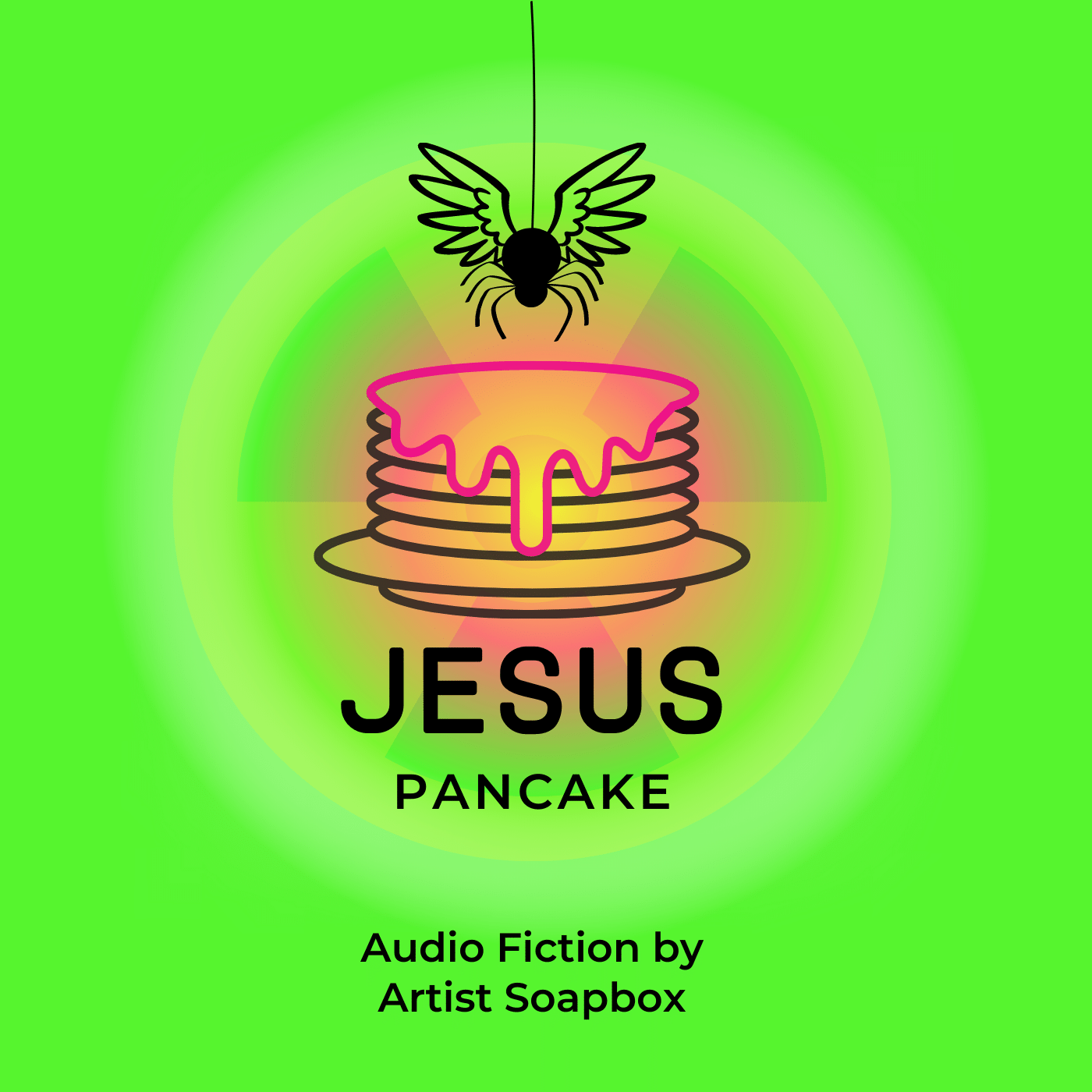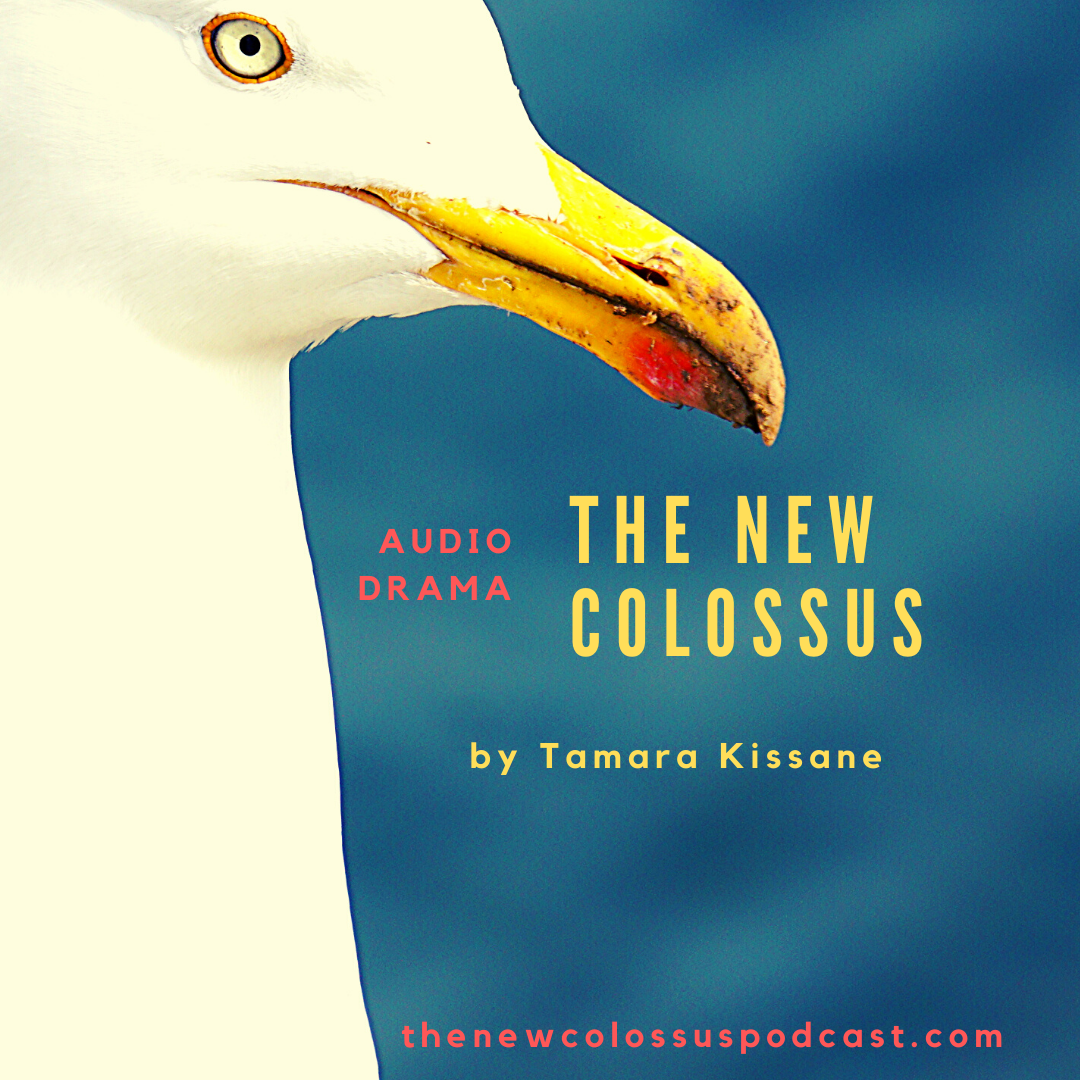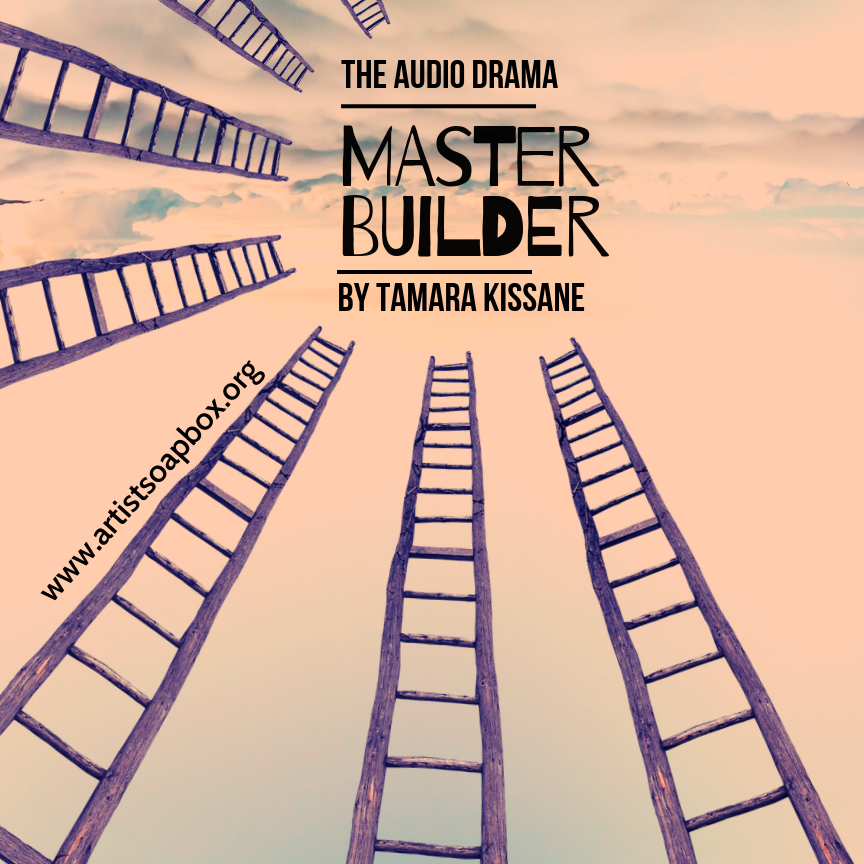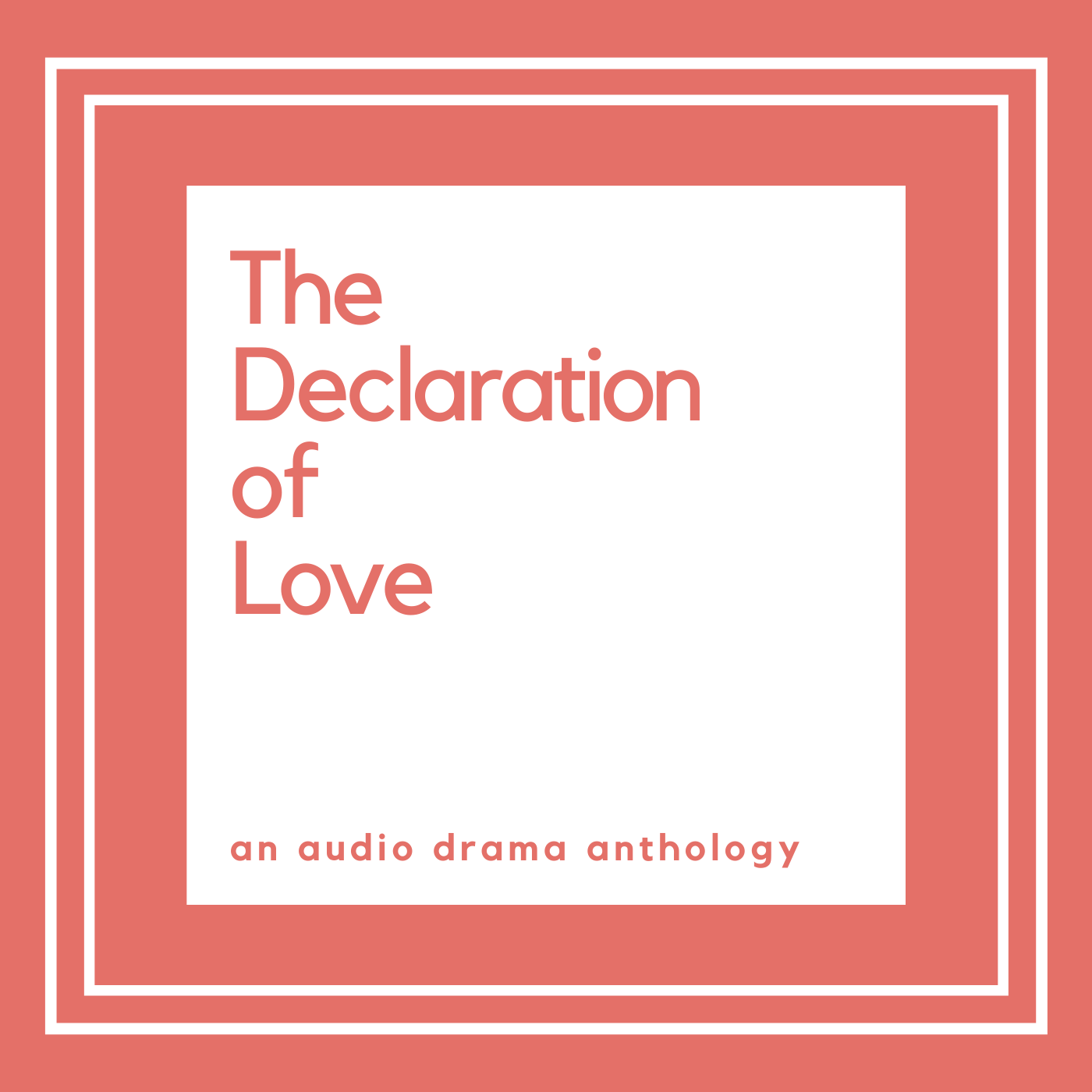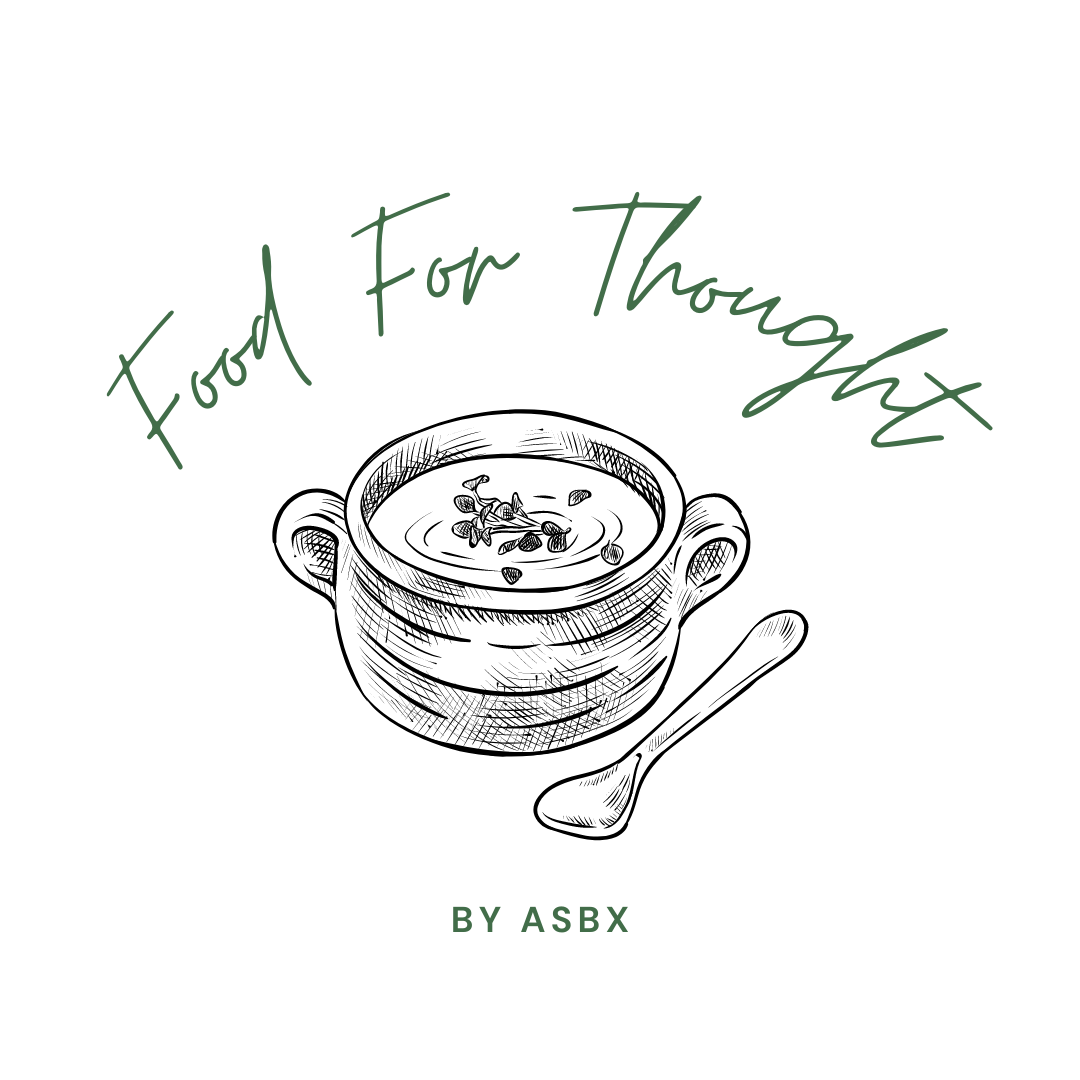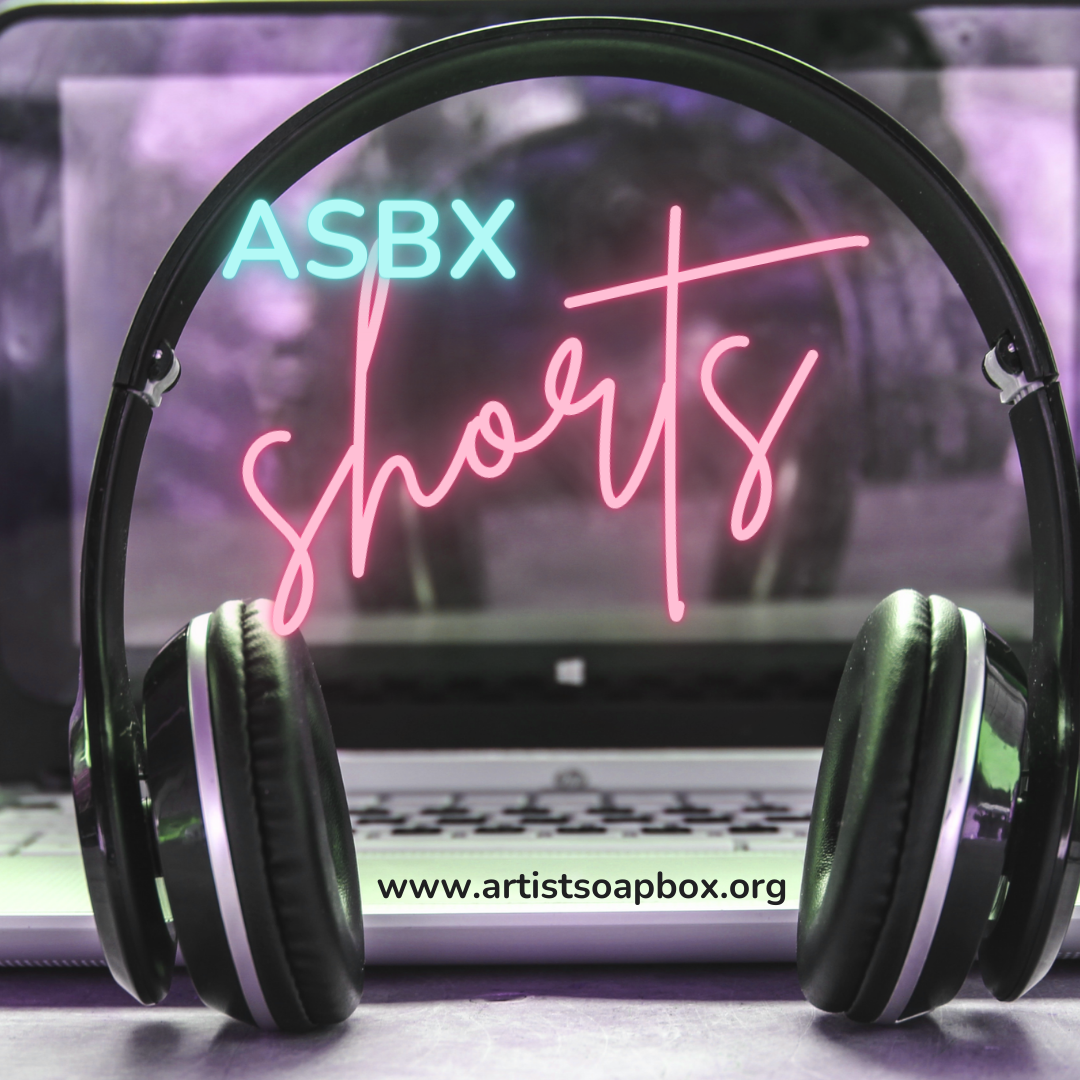Katy Koop interviews Aurelia Belfield and Tamara Kissane, the producers of The Food for Thought Project, about the impetus, process, and inspiration that drives this year-long lab for aspiring audio dramatists.
“We all have incredible relationships to what we eat, to what we don’t eat, to what we’ve eaten since childhood and what we were fed, to what food means to us. And so I find it a really powerful tool in storytelling and in opening people’s hearts and their minds.”
― Samin Nosrat in Salt, Fat, Acid, Heat: Mastering the Elements of Good Cooking
When you think of a really good story or a perfect crystalized moment when everything changed, it’s hard not to think about the food you were eating when you experienced it. A bowl of white cheddar macaroni and cheese in a crisp cardboard container as you gather in a hospital room, having ham and rolls as you hear the story of your grandparent’s immigration, eating warming chicken korma as you tell the story of your disastrous Friday night— food is a part of the best type of stories. That’s why it’s fitting that Artist Soapbox’s latest series is packed with stories all inspired by one phrase: “Food for Thought”.

Co-produced by Tamara Kissane and Aurelia Belfield, who had previously worked in similar producing capacities for Declaration of Love and The New Colossus, this upcoming series features stories from Ashley-Ruth Bernier, Shea Stanley, and Tori Grace Nichols, all springing from that same prompt. From stories about Filipino heritage to an obsession with eating hotdogs, to experiences on the set of a baking competition— each writer’s story is anchored in the power of food and storytelling. When I sat down with Tamara Kissane, she explained that this prompt gave each of the writers “a similar starting point”, which made it “a little easier to write and not so wide open. Sometimes writers will get overwhelmed with possibility and have a hard time jumping right into it. So, using ‘Food for Thought’ is a good anchor, a foundation that they can work from”, similar to the one used for the Declarations of Love series.
Uniquely, this project does something that few audio drama and few writing gigs are able to do: provide yearlong support to a cohort of writers on an artistic and a financial level. “Tamara brought me on as a producer because she know that I really love food and audio dramas, and not just eating food but the idea of food, cultural anthropology, foodways, and all that interesting stuff — to me anyway,” Aurelia Belfield explains when she sat down with me, “I really love building teams and so to be able to work with all of these different wonderful dramatists, to figure out who was going to be a part of the cohort, and building out our schedule of expert speakers… it really lit a fire in me”. Using their organizational skills and combined decades of experience, Belfield and Kissane built out a program that provided several levels of support for their writers:
- Payment throughout the writing process
- A schedule of food experts and writing experts throughout the year
- Regular meetings where writers could meet and talk about their work
- Support for the production of an excerpt of their pilot and completed outline for a whole audio drama series
By providing this level of support, Artist Soapbox was able to truly invest in the cohort of writers and support the amazing work they did throughout the year. Part of this support included the writers getting to hear from and talk to key speakers. Stephen Satterfield, the founder of the food-focused magazine and media company Whetstone Media and host of the Netflix series High on the Hog, and Gabrielle E. W. Carver, food writer and founder of the NC-based Tall Grass Food Box, helped provide key insight on food and food writing in particular. Morgan Givens, audio producer, writer and performer in the DC area, and Ashley Melzer, a Durham-based filmmaker and producer, helped the writers specifically in crafting stories for audio. By meeting together with these speakers and talking about the stories they want to tell, Food for Thought was able to truly build a program designed for support. For Kissane, in setting up this program,
“I wanted to set up a program that would pay the writers while they are writing because I really think it says a lot about how we value that time and it’s also an encouragement. For me and the writers that I talk to, encouragement is essential. Writing is isolating and it’s really easy to lose your way…We wanted to have these monthly meetings where people come together, talk about their questions, talk to experts, talk about their pieces to buoy up the work as they go along because it takes a lot of time. We’re going through almost this entire year and when we get to the end, they will have a finished pilot and an outline of the rest of the series. It takes a really long time to get through this and we wanted to give that time and encouragement the whole way through”
By providing this encouragement to a unique cohort for an entire year, the series has been able to get some amazing stories underway that were told in exciting ways. While Kissane and Belfield were prepared to be surprised, having worked with local artists with Declaration of Love and other projects, it was no less exciting. As Belfield explains, the uniqueness of audio drama makes it that much more exciting, that “I feel like having somebody’s voice right in your ear is a great way to feed that feeling and I feel like audio drama specifically can transport you to so many different places. I think it democratizes the idea of who gets to tell stories”.

Aurelia Belfield 
Tamara Kissane
Throughout the process, the writers were able to create stories specifically for audio for stories that only they could tell, to deliver stories to a global audience. For Kissane, “It’s always a joy and a gift to start with people who have either no idea or just the tiniest little kernel of an idea and then you see it.” She explains that the best way to imagine it is with a seed metaphor:
“You see the little seed and all of a sudden you see the bloom and you didn’t expect that specific bloom. It’s unpredictable. To see that happen, it’s just the diversity of story and it’s so amazing. The writers are telling stories that I would never tell. They’re not in my experience but they’re also not in my imagination and I love that. I find that to be exhilarating.”
From the seed of a prompt, to the idea taking root, to the nurturing of the cohort, “Food for Thought” is creating a garden of new unique work, with blooms that you wouldn’t expect. Coming from different backgrounds and takes, but rooted in North Carolina, this unique series will be available to listen and experience all around the world.
Over the next couple weeks, you’ll see three more blog posts about the process and background of the audio drama pilots as the raw material is assembled in post-production. Artist Soapbox team couldn’t be more excited for the possibilities. For Belfield, “I hope we see some awesome finished pilots! I’m really hopeful that people at least map out the rest of their seasons or even multiple seasons, just to see where these stories go. My biggest hope is that this inspires these folks to continue making audio drama”
Stay tuned to this space for features and updates on this unique audio drama series. We can’t wait for you to experience the fruits of what these artists are planting.

Katy Koop is a theatre artist and writer based in North Carolina. Her writing has been published on websites like Electric Literature, Hello Giggles, Indy Week, and more. Her plays have been performed virtually and in North Carolina, NYC, and Minneapolis. She most recently attended the Kennedy Center Summer Playwriting intensive as a member of the BIPOC cohort and is currently pursuing her MS in Technical Communication at NCSU. You can find her tweeting at @katykooped and more of her work at katykoop.com.
If you’d like to hear more, listen to the podcast episode: 151: Writing your first audio drama: Aspiring audio dramatists discuss the Food for Thought Project. This project is generously supported by the Mary Duke Biddle Foundation.

